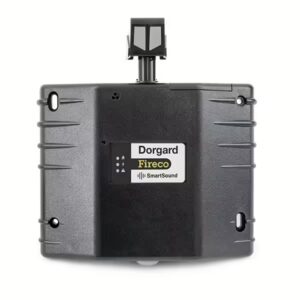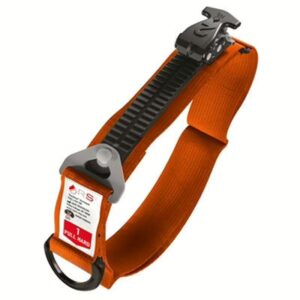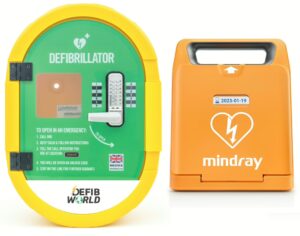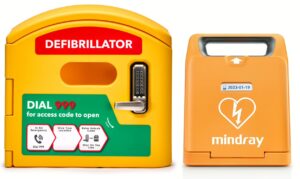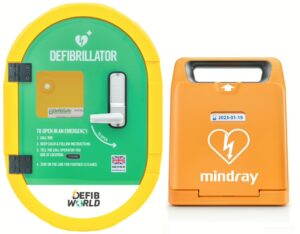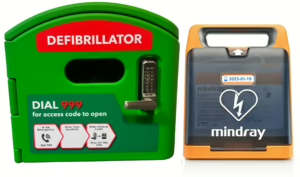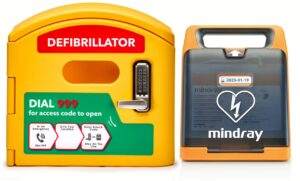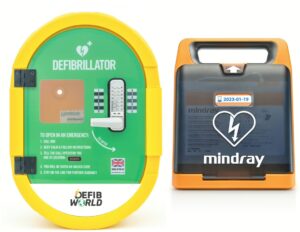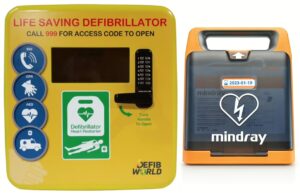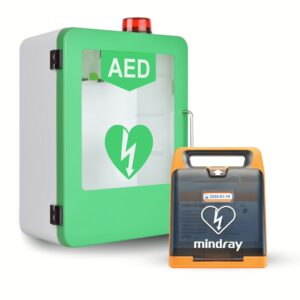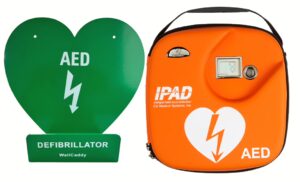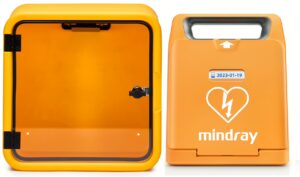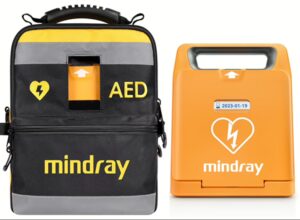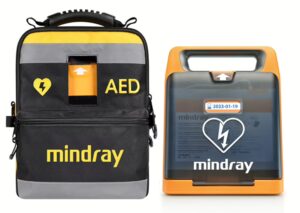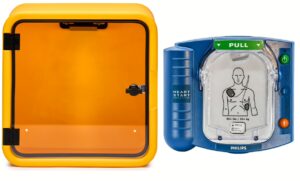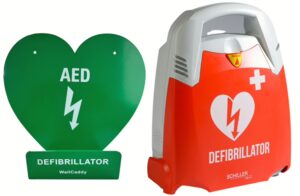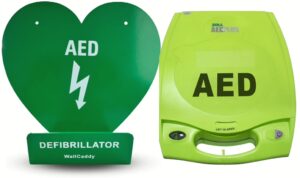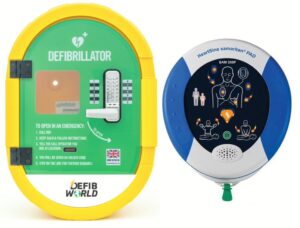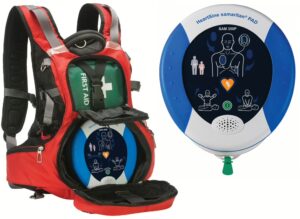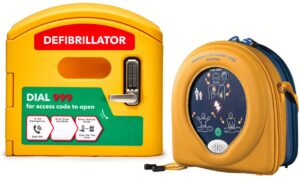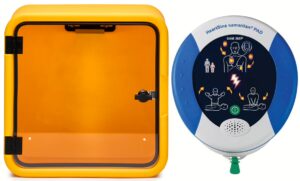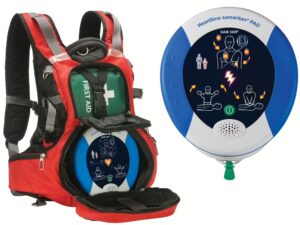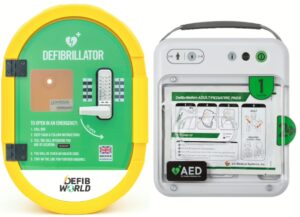- Defibrillators
-
-
DEFIBRILLATORS ON SALE
- “iPAD NFK200 Outdoor AED Package” has been added to your cart. View cart
-
Sale!
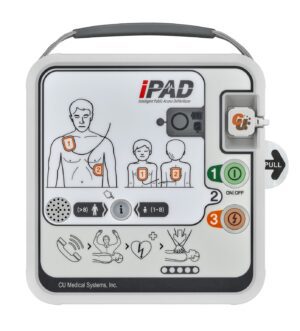
iPAD SPR Semi-Automatic Defibrillator
This dependable defibrillator offers clear instructions and reliable support during critical moments.
£1,074.00 (incl. VAT)
£895.00£1,095.00 -
Sale!
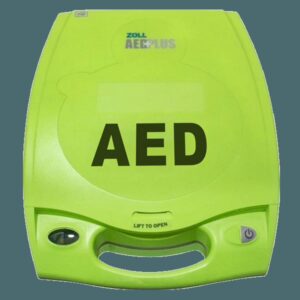
ZOLL AED Plus Semi Automatic Defibrillator
The ZOLL AED Plus features advanced technology that provides clear, step-by-step instructions and real-time feedback to support effective and confident use during emergencies.
£1,344.00 (incl. VAT)
£1,120.00£1,320.00
-
Sale!
-
- Defibrillator Storage
-
-
SHOP BY BRAND
-
- Pads & Batteries
-
-
SHOP BY BRAND
-
SHOP BY DEFIBRILLATOR MODEL
-
-
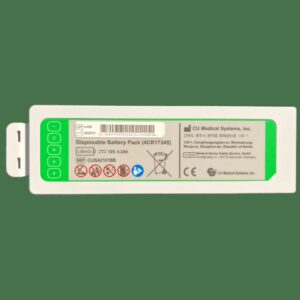
iPAD NFK200 Battery
The iPAD NFK200 Battery is a high-quality, disposable Li-ion battery designed specifically for the CU Medical iPAD defibrillator. This reliable power source ensures your defibrillator is always ready to deliver life-saving shocks during a cardiac emergency.
£249.60 (incl. VAT)
£208.00 -
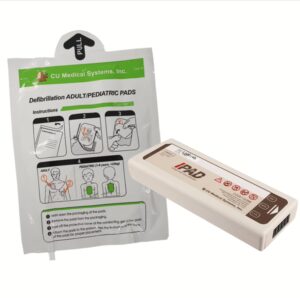
iPAD SP1 Battery & Pads Bundle
The iPAD SP1 Battery & Pads Bundle offers a convenient solution for keeping your defibrillator fully equipped and ready for emergencies. This bundle includes a reliable battery and high-quality electrode pads, ensuring your device is always prepared for life-saving situations.
£318.00 (incl. VAT)
£265.00
-
-
- Training Equipment
-
-
SHOP BY BRAND
-
TRAINING EQUIPMENT ON SALE
-
- Other Equipment
-
-
SHOP BY BRAND
-
FEATURED PRODUCTS
-
- Defibrillators
-
-
DEFIBRILLATORS ON SALE
-
-
Sale!

iPAD SPR Semi-Automatic Defibrillator
This dependable defibrillator offers clear instructions and reliable support during critical moments.
£1,074.00 (incl. VAT)
£895.00£1,095.00 -
Sale!

ZOLL AED Plus Semi Automatic Defibrillator
The ZOLL AED Plus features advanced technology that provides clear, step-by-step instructions and real-time feedback to support effective and confident use during emergencies.
£1,344.00 (incl. VAT)
£1,120.00£1,320.00
-
Sale!
-
- Defibrillator Storage
-
-
SHOP BY BRAND
-
- Pads & Batteries
-
-
SHOP BY BRAND
-
SHOP BY DEFIBRILLATOR MODEL
-
-

iPAD NFK200 Battery
The iPAD NFK200 Battery is a high-quality, disposable Li-ion battery designed specifically for the CU Medical iPAD defibrillator. This reliable power source ensures your defibrillator is always ready to deliver life-saving shocks during a cardiac emergency.
£249.60 (incl. VAT)
£208.00 -

iPAD SP1 Battery & Pads Bundle
The iPAD SP1 Battery & Pads Bundle offers a convenient solution for keeping your defibrillator fully equipped and ready for emergencies. This bundle includes a reliable battery and high-quality electrode pads, ensuring your device is always prepared for life-saving situations.
£318.00 (incl. VAT)
£265.00
-
-
- Training Equipment
-
-
SHOP BY BRAND
-
TRAINING EQUIPMENT ON SALE
-
- Other Equipment
-
-
SHOP BY BRAND
-
FEATURED PRODUCTS
-

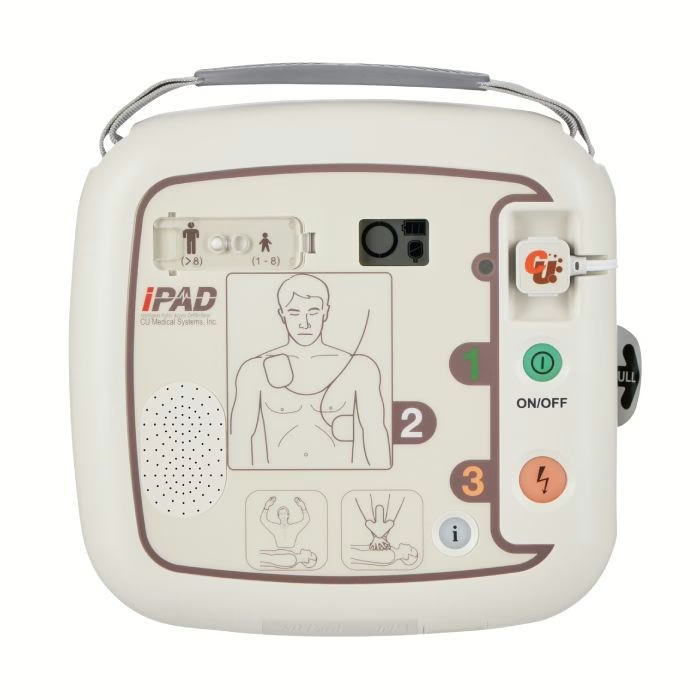

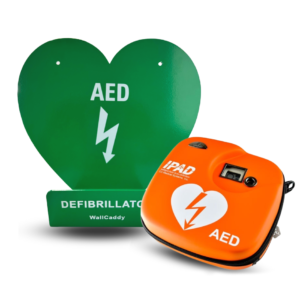
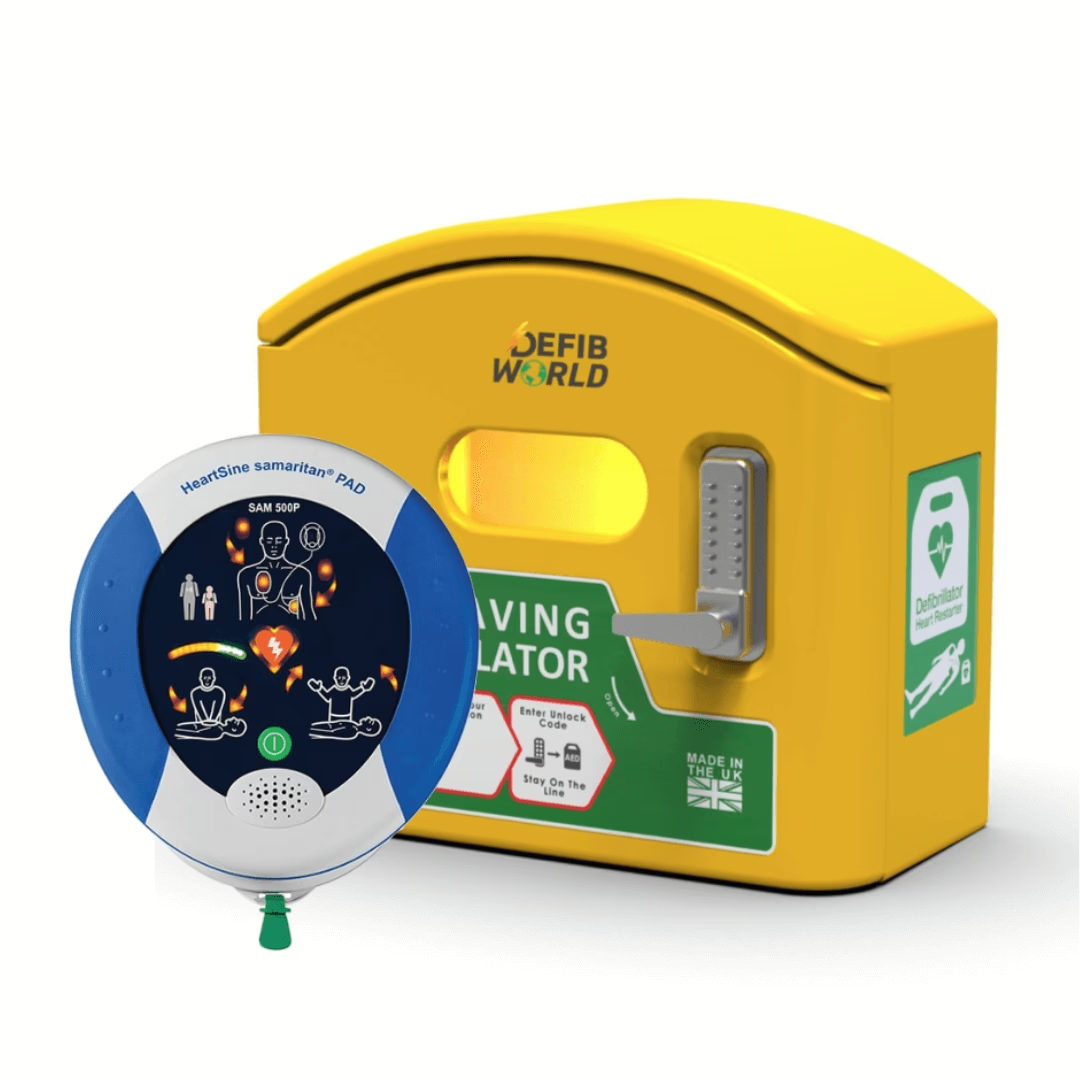
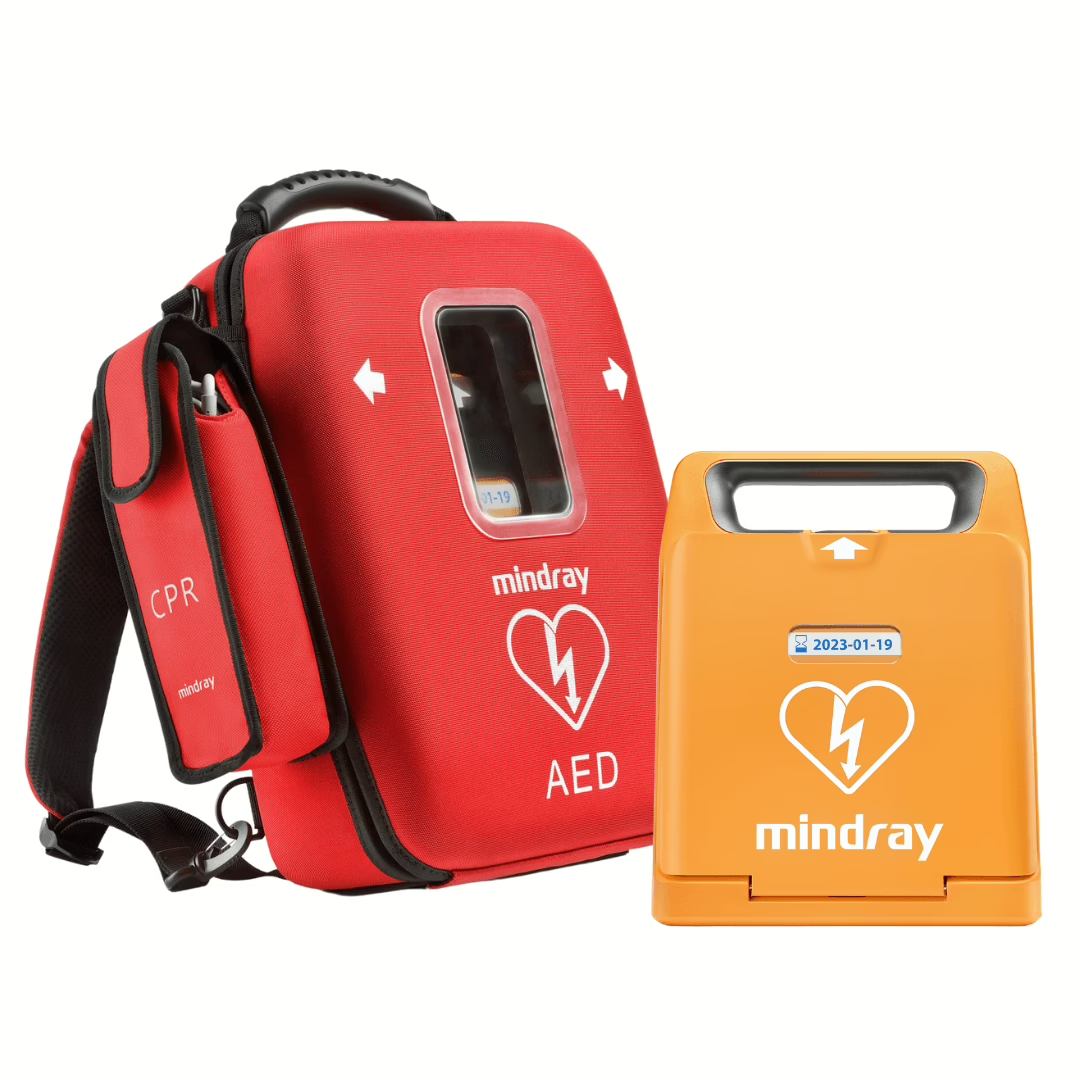

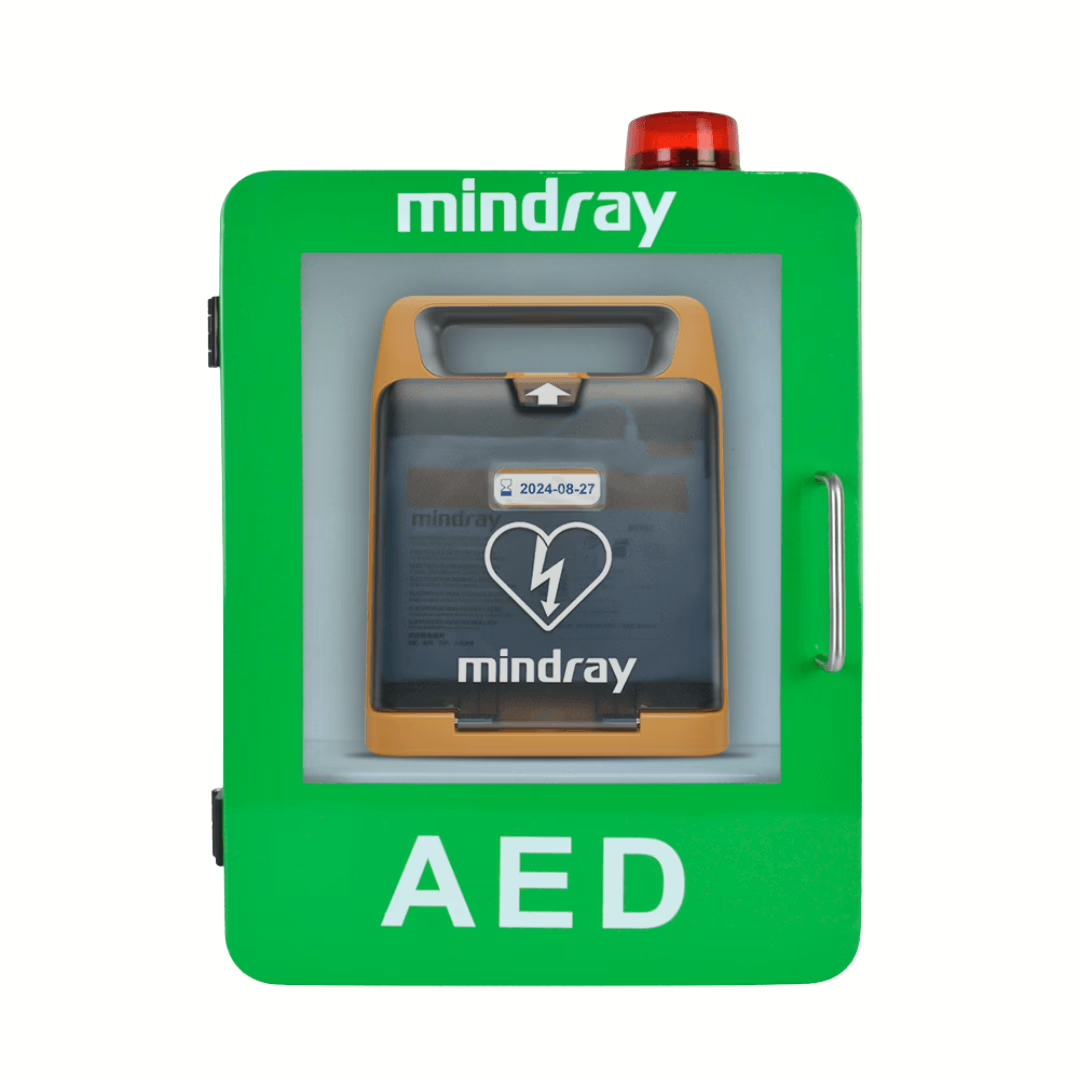
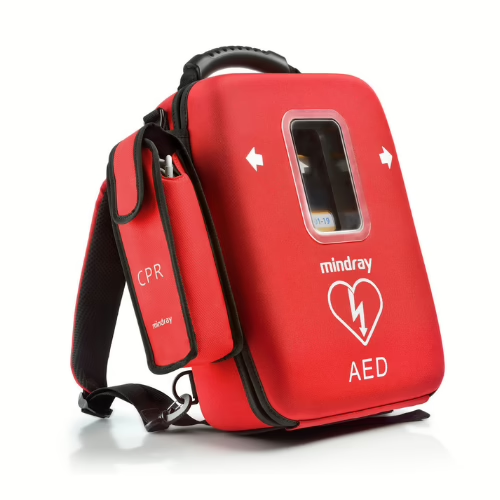
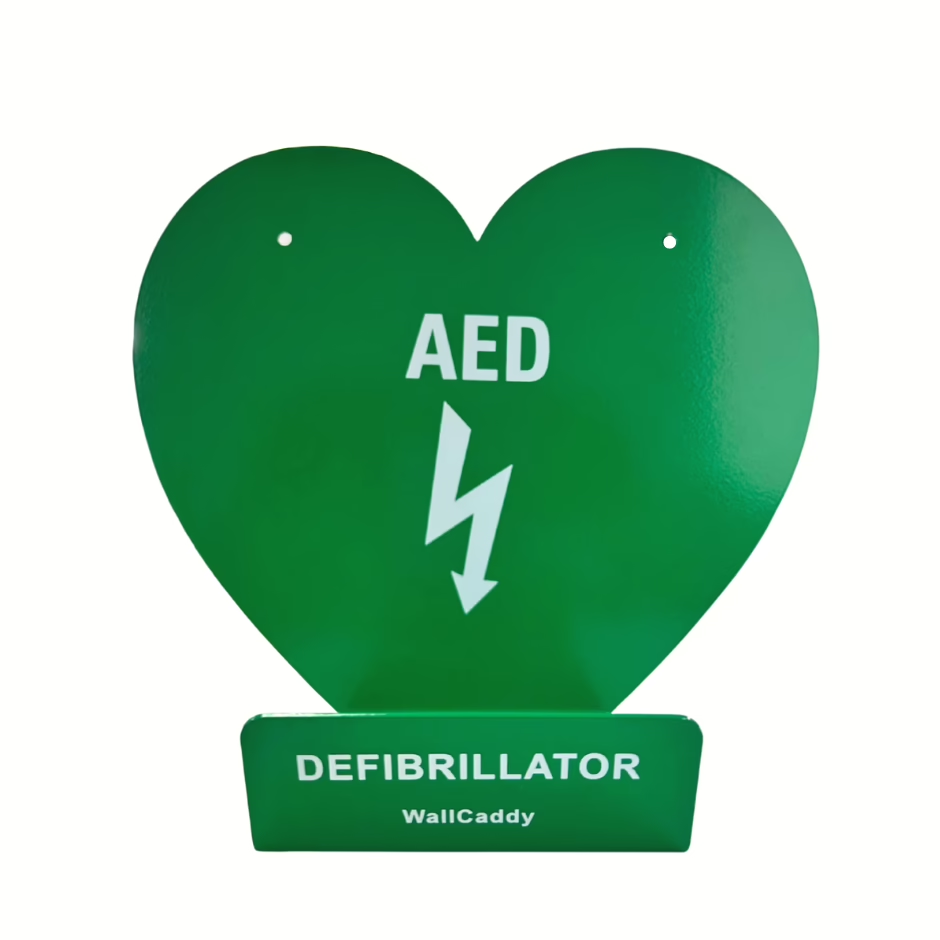
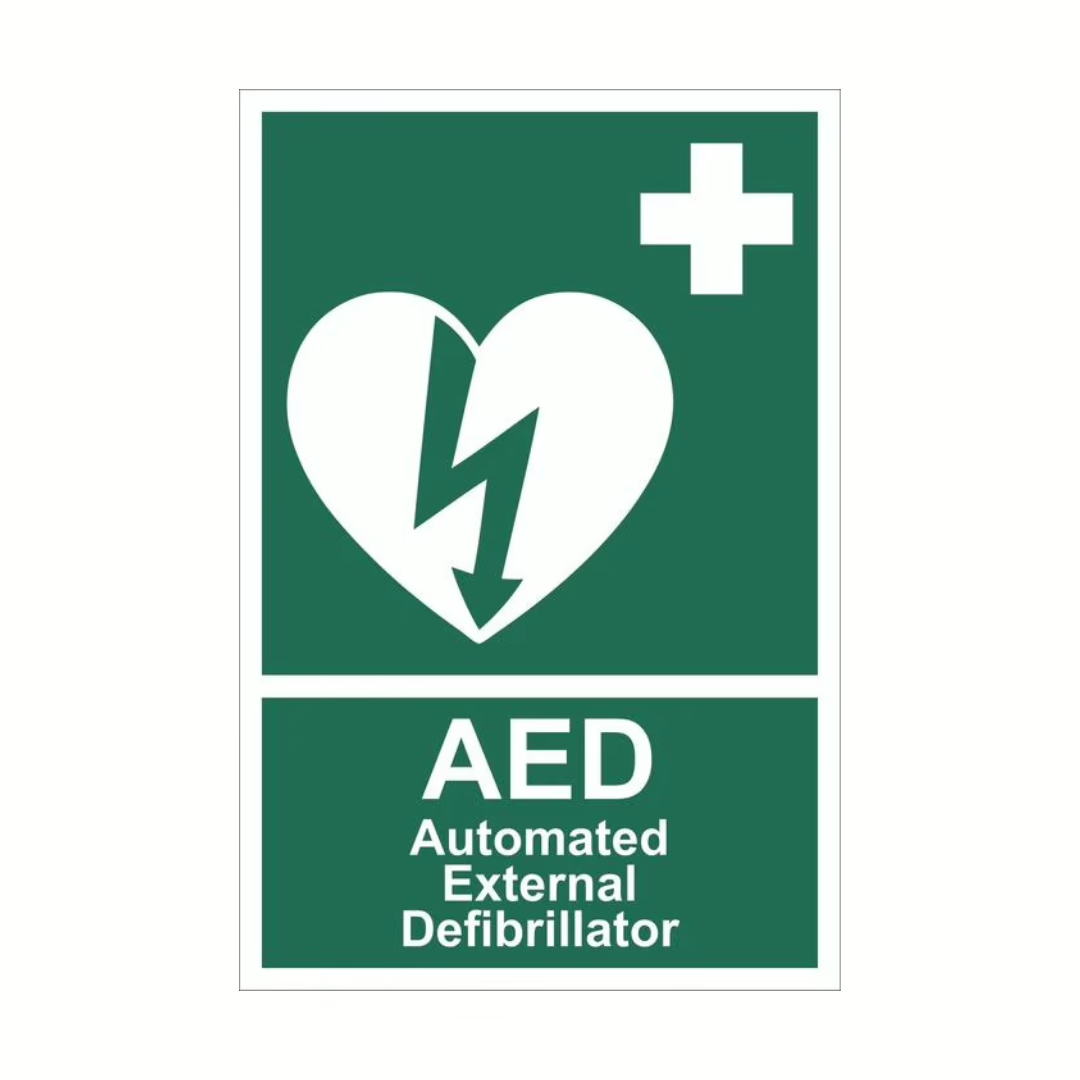

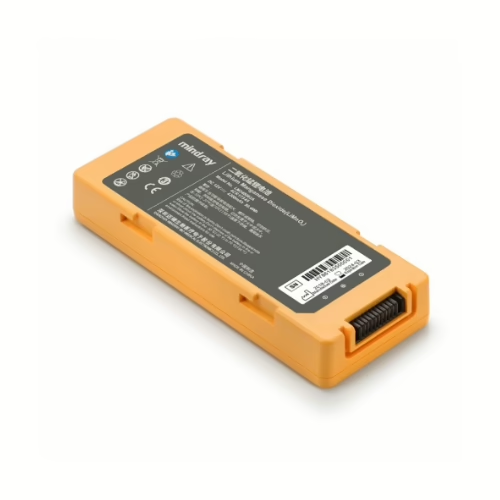
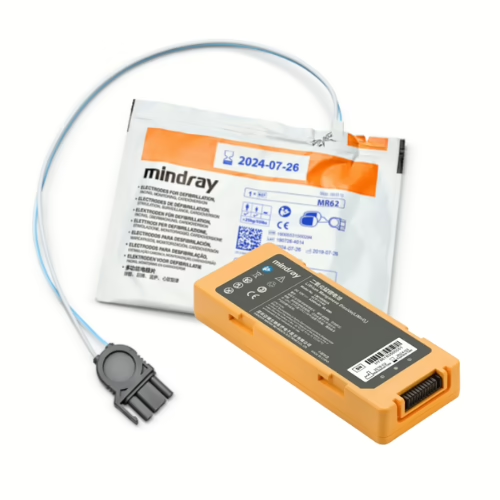
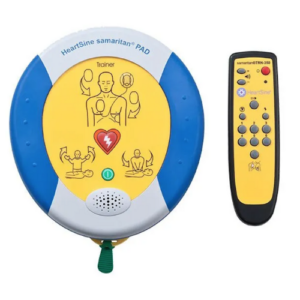

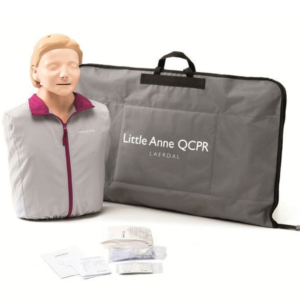
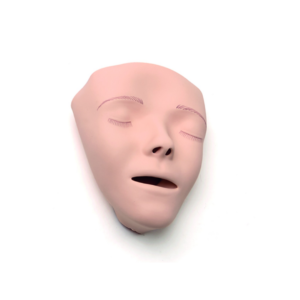
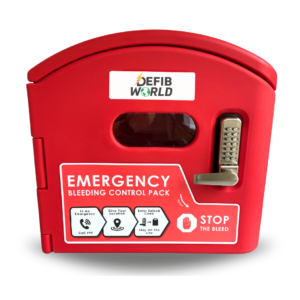
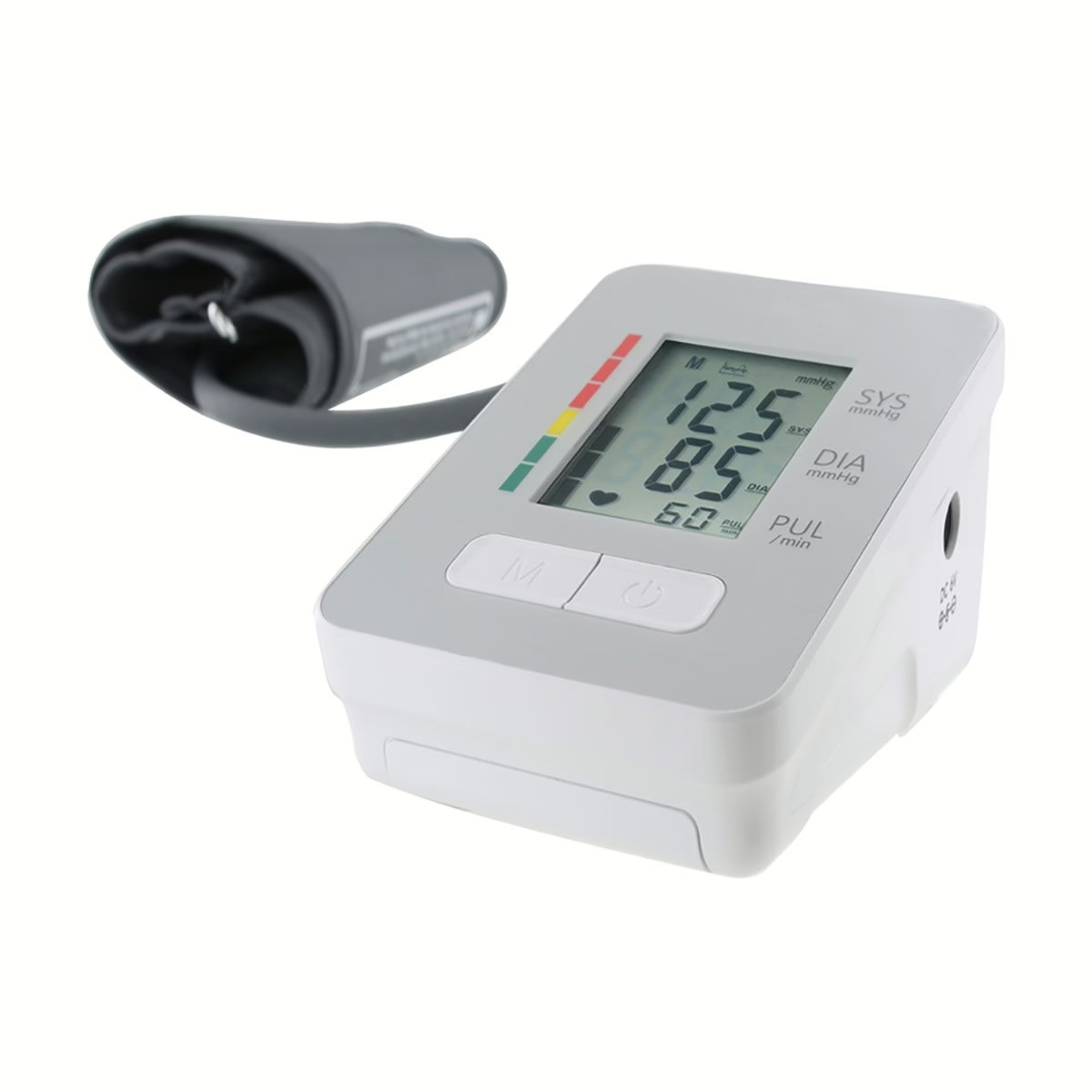
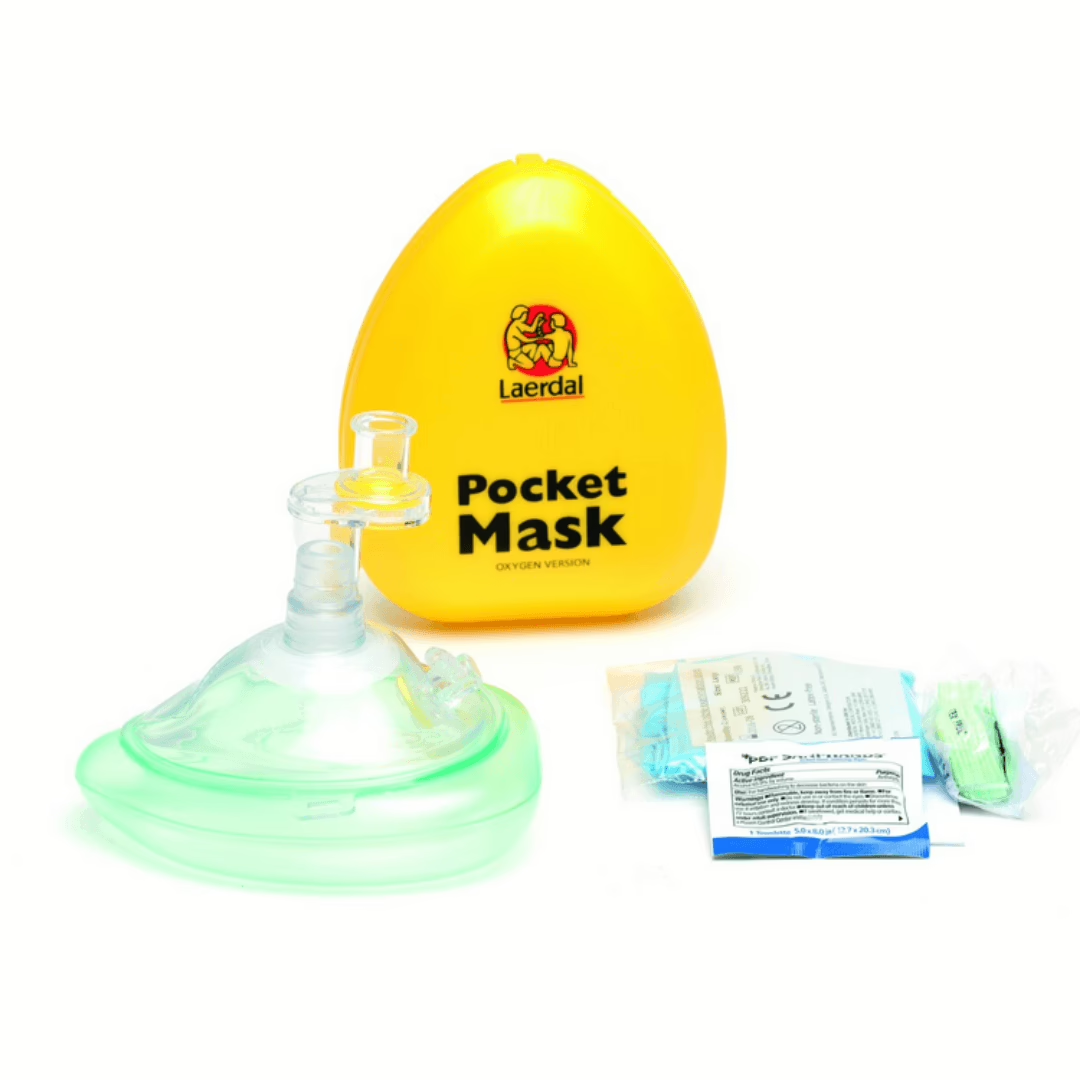
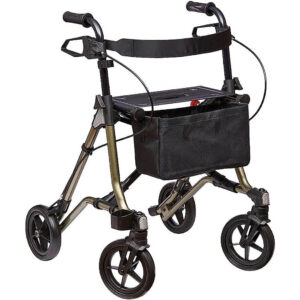
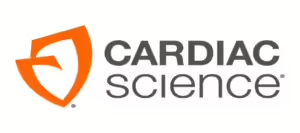
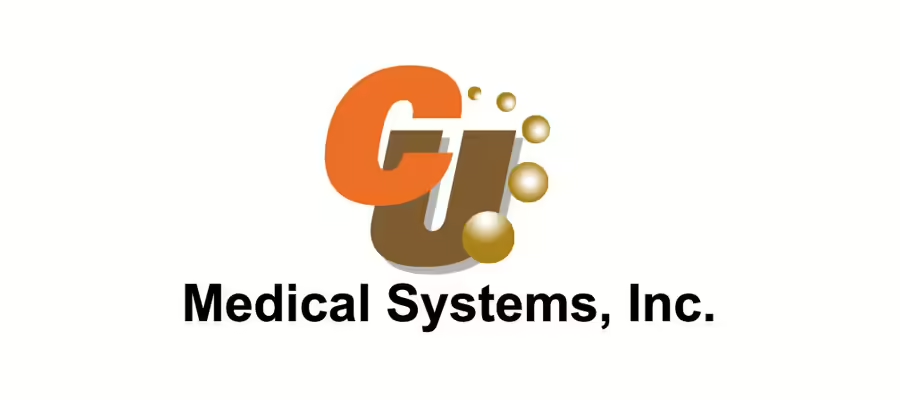











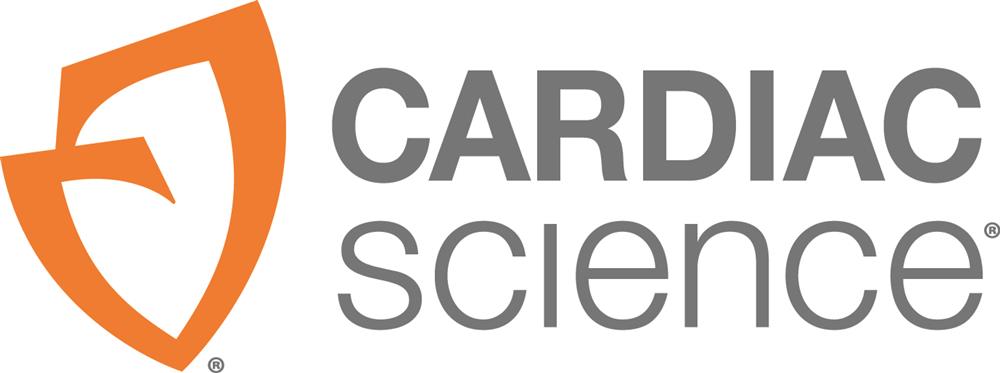
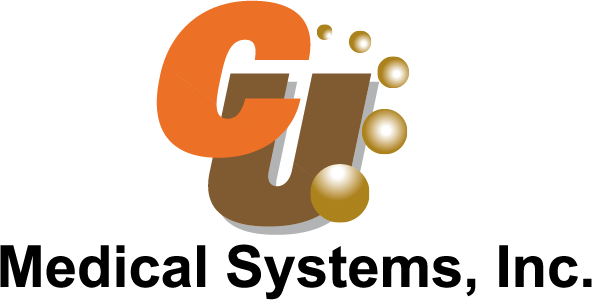
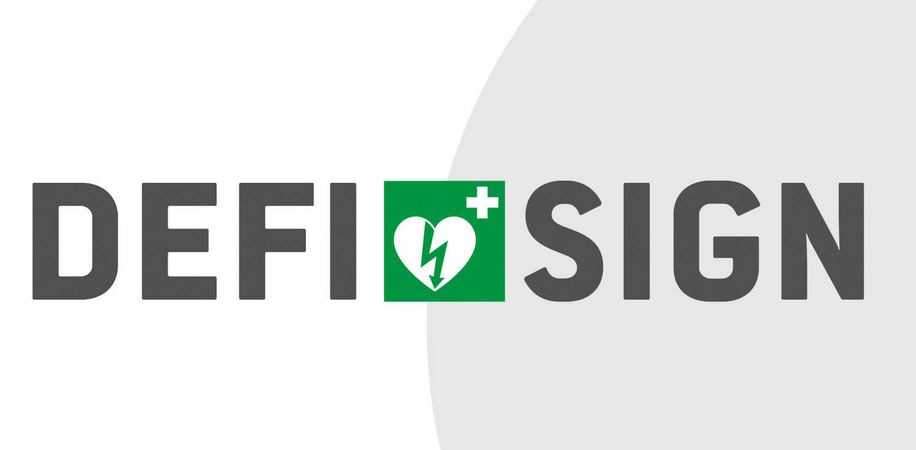



.svg.png)
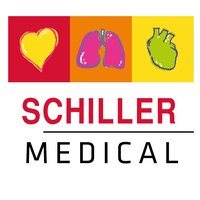




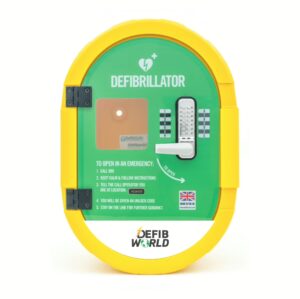

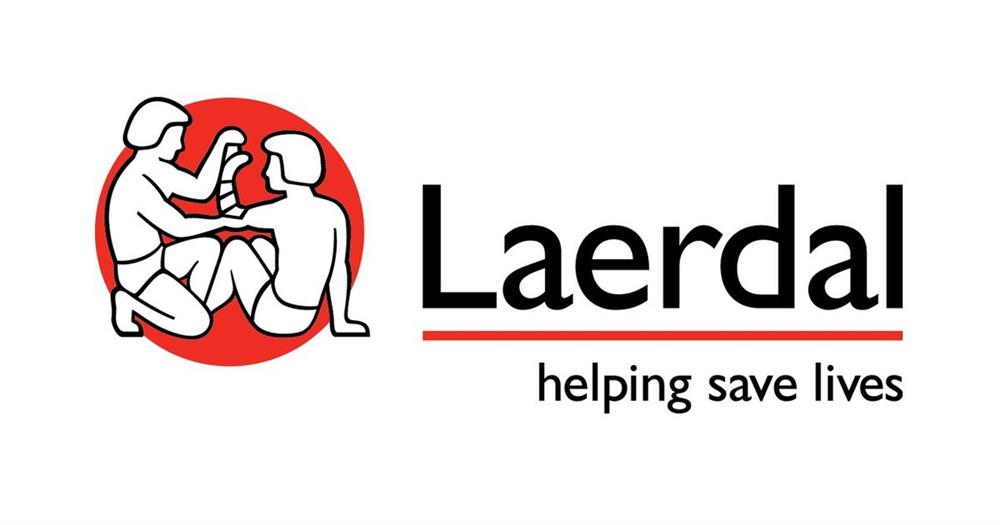

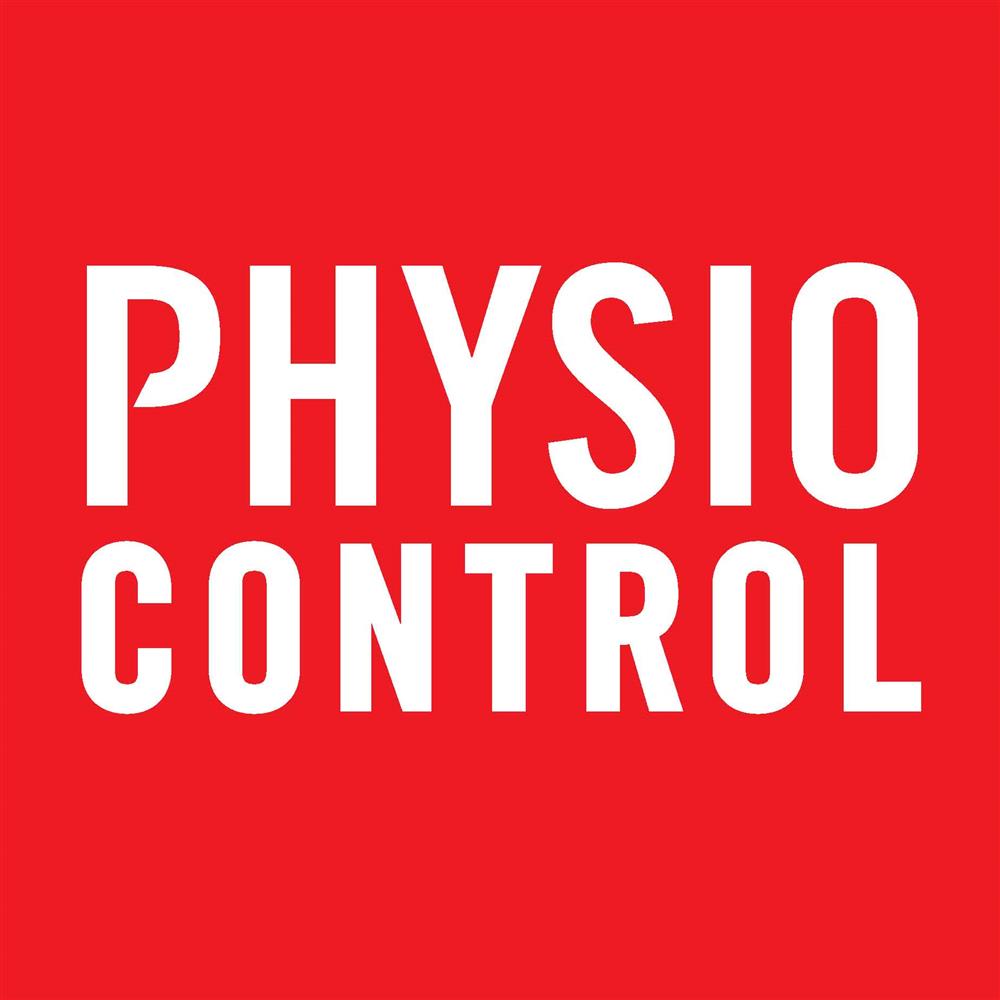
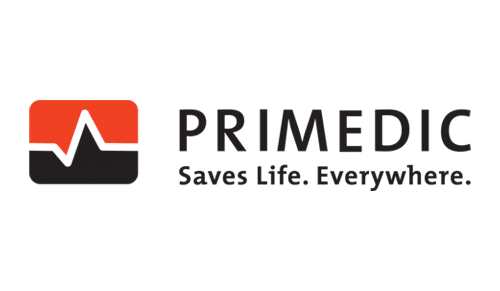

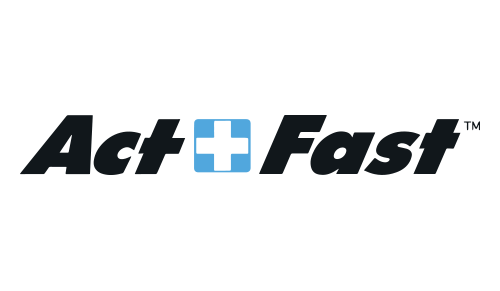

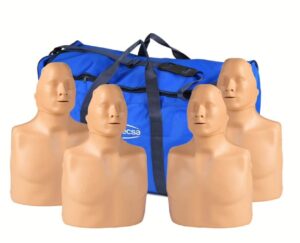
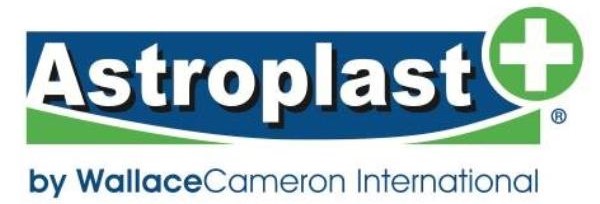



.jpg)
